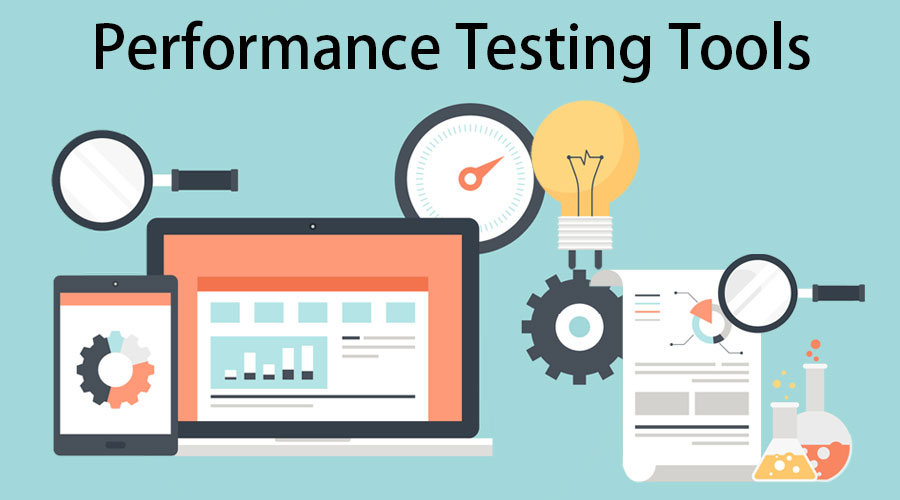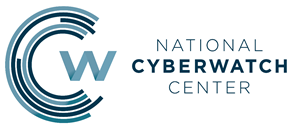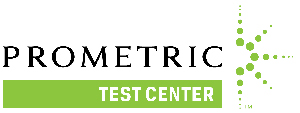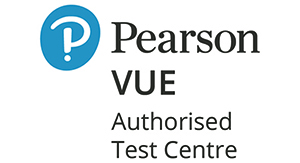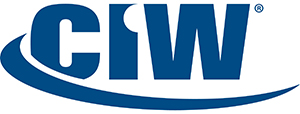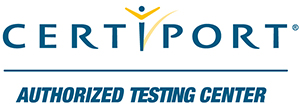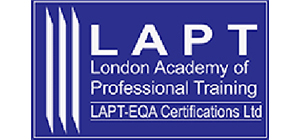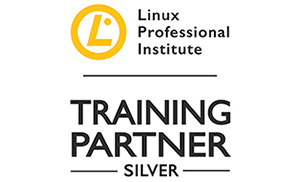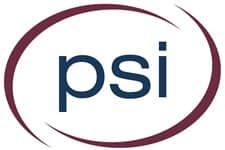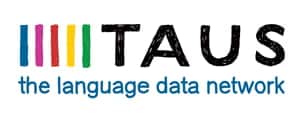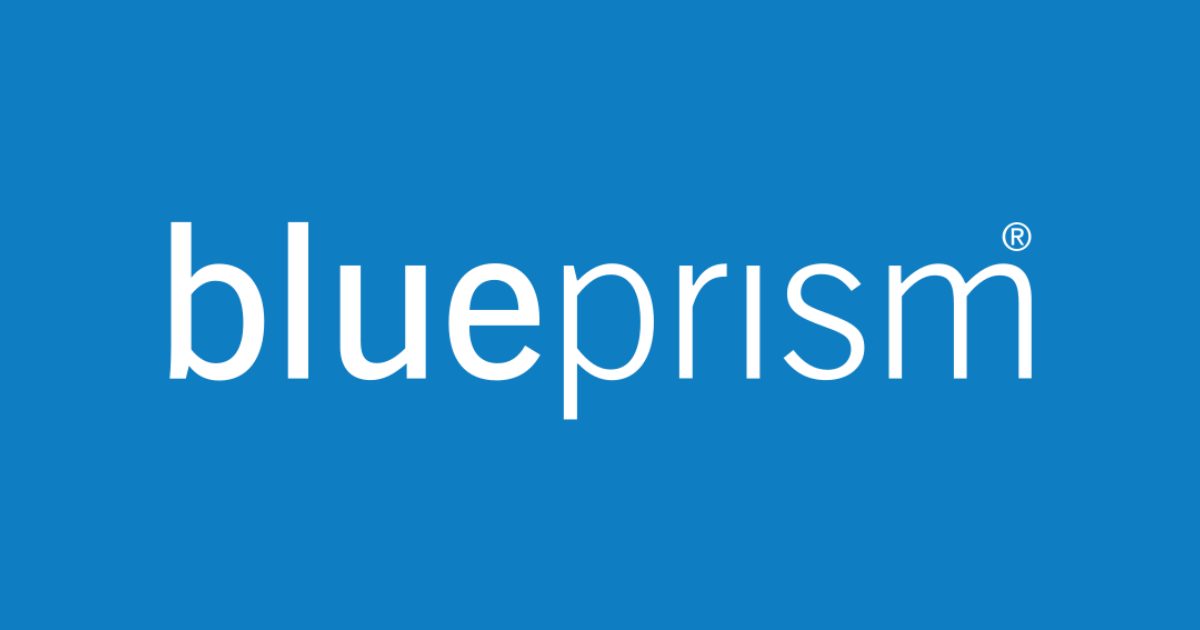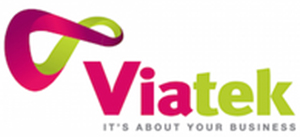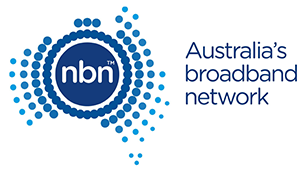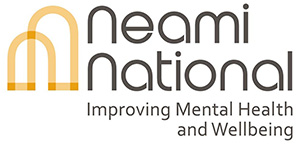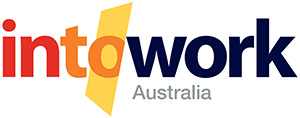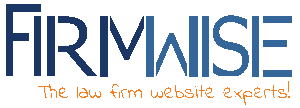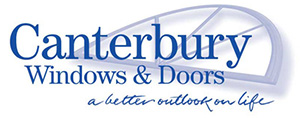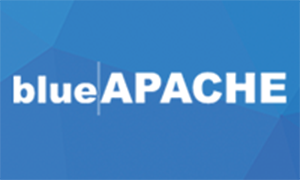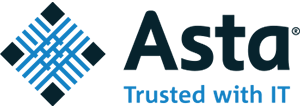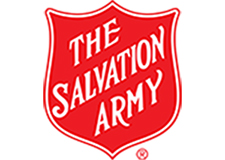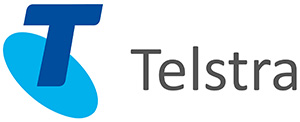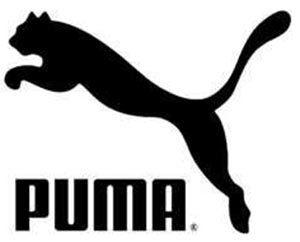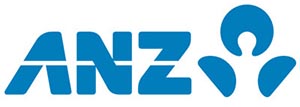Besides the open-source solutions for automated testing of software, the modern market offers a set of commercial test automation tools. Someone can ask – “Why we should pay for the tool if we can use something for free?”. The answer is that commercial tools are providing complex out of box solutions for test automation including reporting, integration with different continuous integration systems, source control, test, and defect management tools. This allows reducing the efforts in building the automation processes by using the product as is instead of building the solution using open source bricks, which, in turn, could be not quite compatible with each other. In this topic, I will overview the 5 most widespread test automation tools with commercial licenses.
- Unified Functional Testing. UFT is a popular test automation tool originally from Mercury Interactive which was acquired by Hewlett Packard in 2006. It provides a set of features for API, Web Services, GUI testing for Web, Desktop, and Mobile applications across different platforms and browsers. This tool uses the Object Repository approach to recognition of the UI elements. Also, it contains advanced image-based object recognition technology. UFT is can be used for functional, regression, and service testing. It using the Visual Basic Script as a scripting language. Unified Functional Testing can be integrated with HP Quality Center and such CI system as Jenkins.
- Developed by SmartBear, TestComplete is a powerful commercial tool for web, mobile, and desktop test automation. In TestComplete you can use different scripting languages, such as – JavaScript, Visual Basic Script, Python e.t.c. With TestComplete, testers can use record-playback, keyword-driven, and data-driven approaches to building their tests. Same as UFT, TestComplete use the object repositories for GUI element recognition and can update them automatically. This tool also can be integrated with such CI systems as Jenkins and popular source control tools, for example – SVN.
- Tricentis Tosca. Tosca is a model-based automation tool that provides a wide feature set for continuous testing including dashboards, analytic, and integration to support agile methodologies. It supports a broad range of technologies and applications for web, mobile, and API testing. In addition, it provides features for risk analysis, integration, and distributed execution.
- Ranorex provides an all-in-one environment for creating automation tests for Web, Desktop, and Mobile applications. It supports NET, WPF, Windows Forms, Qt, Java, SAP, Delphi, HTML5, Flash, Flex, Silverlight, iOS, Android, Windows Apps (Native / Hybrid / Mobile Web), and many more. This tool allows using record and playback, keyword-driven, and data-driven approach for test design and execution. Ranorex is using C# and VB.NET and regardless of which language you use, the Ranorex Recorder and Ranorex Object Repository will automatically generate the right source code for your selected language.
- Silk Test – is a tool for automated functional and regression testing of applications. SilkTest was developed by Segue Software which was purchased by Borland in 2006, which, in turn, was acquired by Micro Focus International in 2009. SilkTest consists of several clients: Silk Test Workbench allows automation testing on a visual level, Silk Test Classic uses the domain-specific 4Test language for automation scripting, Silk4J allows automation in Eclipse using Java as the scripting language and Silk4Net allows the same in Visual Studio using VB or C#. At the moment, this tool also got the possibility to leverage existing Selenium scripts by recording additional steps in Silk Test for any desktop or mobile browser.
Source website
